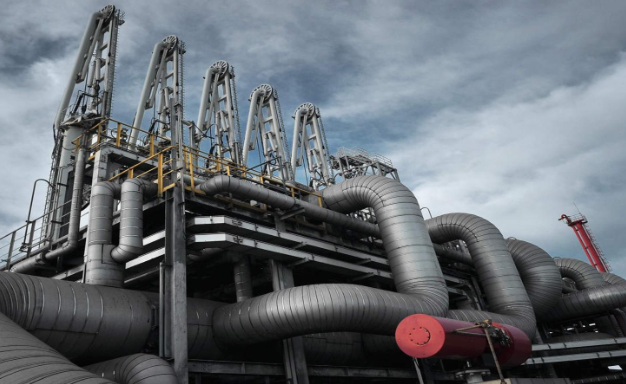In a strategic move aimed at enhancing the profitability of pipeline investments, the Petroleum and Natural Gas Regulatory Board (PNGRB) is gearing up to introduce a new tariff policy for petroleum product pipelines.
This regulatory overhaul is anticipated to usher in a paradigm shift in the remuneration structure for pipeline operators, albeit the precise impact will only be discerned upon the formal notification of the revised tariffs. Following the recent rollout of a unified tariff framework for natural gas pipelines, the PNGRB is now focused on revising the tariff policy applicable to the extensive network of product pipelines established by both state-owned oil marketing companies and private refiners. A member of the regulatory board, speaking on condition of anonymity, disclosed this development to Financial Express.
Under the proposed tariff structure, the calculation of pipeline tariffs will be contingent upon several key factors, including capacity utilisation, capital expenditure (capex), and the internal rate of return (IRR) of the pipeline. This departure from the existing methodology, where product pipeline tariffs are calculated as 75% of rail tariffs for equivalent rail distance along the pipeline route (except for liquified petroleum gas (LPG) pipelines, where it stands at 100%), signifies a significant regulatory evolution in the sector. The envisaged changes are poised to render pipeline investments more financially rewarding, with the potential to attract greater capital inflows into the sector. However, the full extent of the impact on industry stakeholders will only be comprehensible once the revised tariff structure is formally implemented and its implications are duly assessed. The move underscores the PNGRB’s commitment to fostering an enabling regulatory environment conducive to sustainable growth and investment in the petroleum pipeline segment. By recalibrating the tariff policy in alignment with industry dynamics and investment imperatives, the regulatory body aims to unlock new avenues for value creation and economic prosperity in the petroleum transportation ecosystem.


